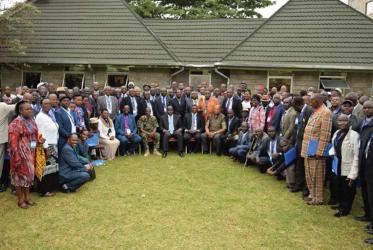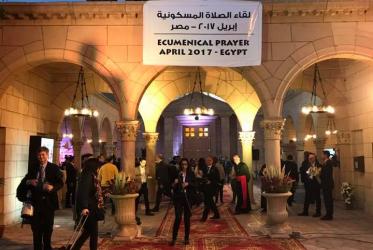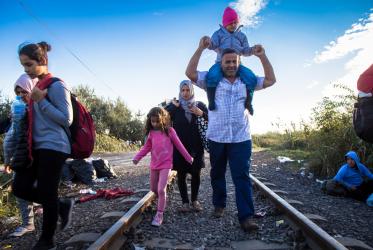Displaying 61 - 80 of 97
08 August 2017
Ahead of Kenya elections, concerns about peace emerge
03 August 2017
In Lebanon, refugees face hardship - but find hope
16 March 2017
WCC gravely concerned over Israel’s travel ban
09 March 2017
Seven weeks of Lent highlight water crisis in Africa
01 March 2017
‘No Christmas bells in Mosul’ for a third year, says Assyrian priest
14 December 2016
WCC fields inter-Orthodox response to convergence text
17 October 2016
Study group focuses on moral discernment in churches
04 August 2016
International affairs facilitator reflects on pilgrimage
31 March 2016








